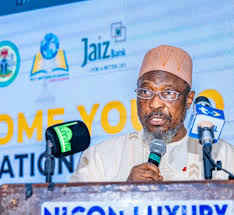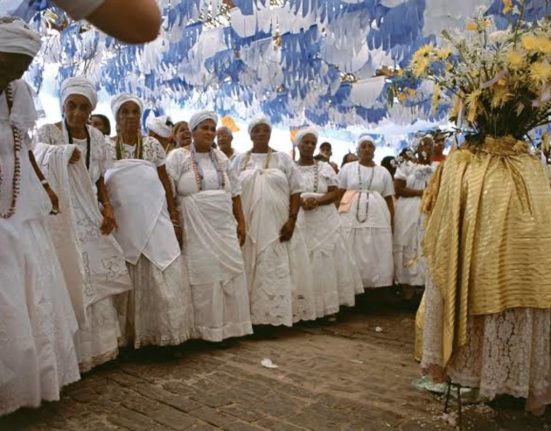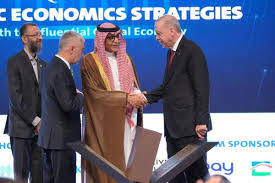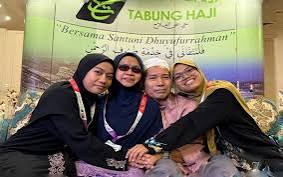In a decisive move to reform the financial ecosystem governing pilgrimage in Nigeria, the National Hajj Commission of Nigeria (NAHCON) has called on key stakeholders to embrace a more resilient and inclusive financing model to sustain the nation’s Hajj operations in the face of growing economic pressures.
This call was made during the second National Hajj Stakeholders’ Summit held in Abuja on Tuesday, April 30, 2025, under the theme: “Sustainable Hajj Financing: Developing a Resilient Model for Nigerian Pilgrims and Operators.” The summit brought together policymakers, financial institutions, religious leaders, state pilgrim welfare boards, and private Hajj operators to discuss ways to cushion the cost of pilgrimage while maintaining operational efficiency.
Delivering his keynote address, NAHCON Chairman, Professor Abdullahi Mukhtar Usman, stressed the importance of moving beyond conventional funding approaches and adopting innovative financial systems that can withstand global economic shocks and exchange rate volatility. “Our intention is to ensure that every Nigerian Muslim with sincere intentions can fulfil this religious obligation without facing unbearable financial hurdles,” he said.
As part of its strategic restructuring, NAHCON announced the inclusion of three new Islamic-compliant financial institutions—Alternative Bank, TAJ Bank, and Lotus Bank—into its Hajj Savings Scheme. This move, the chairman noted, is aimed at widening access and deepening financial inclusion across Muslim communities. The Hajj Savings Scheme, introduced in 2020, allows prospective pilgrims to save gradually for the pilgrimage, while also earning returns on their deposits through non-interest banking.
Representing Vice President Kashim Shettima at the event, former Deputy National Legal Adviser of the All Progressives Congress (APC), Mr. Bashir Maidugu, reaffirmed the Federal Government’s backing for reforms that enhance affordability, accountability, and transparency in Hajj operations. He praised President Bola Tinubu’s role in subsidizing part of the 2025 Hajj expenses, a gesture which, he noted, made this year’s pilgrimage more accessible to low- and middle-income Nigerians.
Maidugu also highlighted successful international models such as Malaysia’s Tabung Haji and Indonesia’s Badan Pengelola Keuangan Haji (BPKH), urging Nigerian stakeholders to emulate those frameworks to achieve long-term sustainability and reduce reliance on ad hoc interventions.
Also speaking at the summit, the Sultan of Sokoto, Alhaji Muhammad Sa’ad Abubakar III, who was represented by the Emir of Keffi, Dr. Shehu Chindo Yamusa III, advocated for the digitisation of Hajj operations. He emphasized that a seamless, technology-driven system would not only improve financial planning and reduce administrative costs but also enhance the overall welfare and experience of pilgrims.
Participants discussed leveraging digital tools to streamline payments, automate savings, and enable real-time monitoring of Hajj-related financial transactions. Speakers argued that technology can play a pivotal role in ensuring transparency and protecting both pilgrims and service providers from potential losses or exploitation.
Concluding the summit, Professor Usman assured Nigerians that NAHCON is fully prepared for the 2025 pilgrimage, with the inaugural flight scheduled for May 9. He reiterated the commission’s commitment to professionalism, equity, and service delivery, and expressed confidence that this year’s operations would build on previous achievements.
According to NAHCON, Nigeria is expected to send over 95,000 pilgrims to Saudi Arabia this year. In view of the current naira depreciation and rising costs of travel and accommodation in the Kingdom of Saudi Arabia, the commission has pegged the 2025 Hajj fare between ₦4.6 million and ₦4.9 million, depending on the departure zone.
With the summit’s resolutions pointing toward a more structured and resilient system, stakeholders are optimistic that Nigeria’s Hajj sector is poised for a transformative shift one that will preserve the sanctity of the spiritual journey while safeguarding the economic realities of intending pilgrims.







